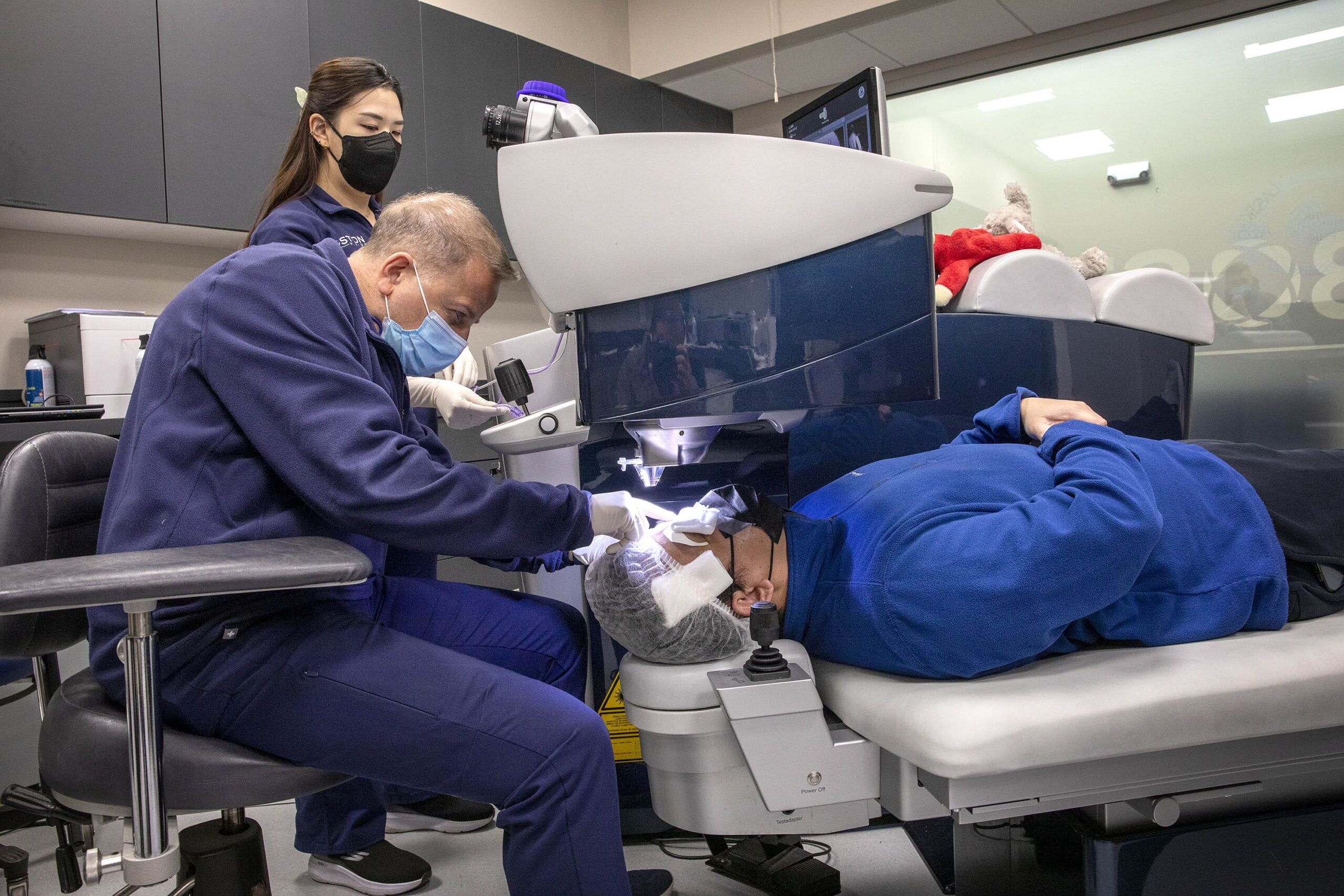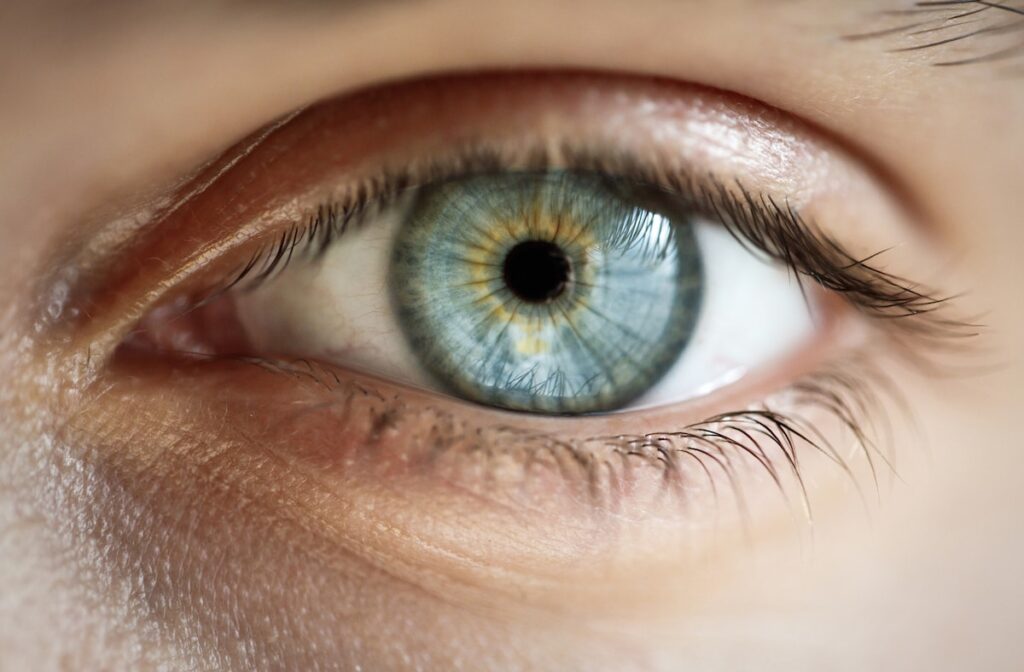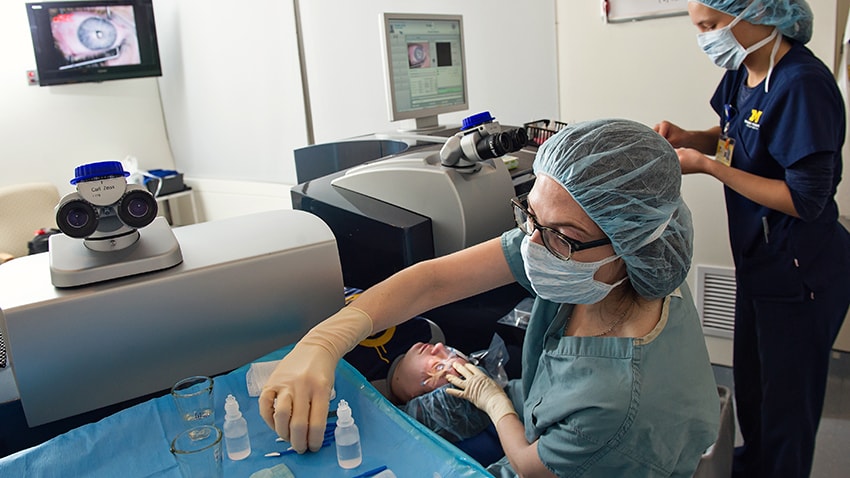Lasik: All you need to know

If you’ve suffered several eye related problems and haven’t heard of Lasik before, you’re about to discover something that would probably change your life for the better. This article will open your eyes to all you need to know about Lasik, or better still, the surgery Lasik. So, sit back and read tight.
What is Lasik?
Lasik is an acronym for “laser in-situkeratomileusis”. This is the kind of surgery lasik experts carry out. It is a popular surgery used to correct several eye defects. According to research, over 95% of patients that perform the surgery, Lasik, will achieve a better vision.
Moreover, over the years, the surgery, Lasik, has significantly improved. A surgery that was once complex, expensive and experimental has now become quite easy and simple, helping you improve your vision without stress. Click here to how speed up your LASIK recovery?
What happens before the Lasik surgery?
Before the surgery commences, the first thing your doctor does or should do is carefully evaluate your medical history and also conduct several tests. This is done to ascertain or determine the best lasik treatment plan for your condition. Some of these tests include:
- Pupil dilation
- Corneal mapping
- Measuring the corneal thickness
- Eye pressure
- Refraction

How to prepare for the Lasik surgery
- Firstly, know how much it’ll cost you- Due to the fact that Lasik is usually considered an elective surgery, most insurance companies won’t cover the cost for you. So, do yourself a favour by being prepared to pay from your pocket.
- Arrange for a ride to your residence- In as much as you can go home after the surgery, it is not advised because you might still feel the effects of the drugs given to you before the surgery. This may cause your vision to be blurry. So, arrange for someone to take you home as soon as you are done.
- Don’t bother about eye makeup- Stay away from eye makeup, perfumes, and lotions on the day before and also on the day of your surgery. You may be advised by your doctor to clean your eyes more often in the days leading to the surgery to lower the risk of infections.
How is the Lasik surgery carried out?
Laser treatments are quite beneficial for the correction of refractive disorders. These disorders occur when you have an imperfectly shaped cornea. There are actually four types, namely:
- Astigmatism
- Ageing eye or Presbyopia
- Farsightedness (hyperopia)
- Nearsightedness (myopia)
The surgery process starts with the use of numbing eye drops on the eye to block the eye nerves from feeling pain or any form of discomfort. Then, with a beam of femtosecond laser, a circular flap incision is created right in front of the cornea. The cornea flap is folded backwards and an excimer laser beam is now used to appropriately reshape the cornea, and correct the imperfection.
This surgery approximately takes at least, 5 minutes for each eye. Thus, it is a very quick process. The amazing fact about this surgery is that you can go home as soon as you’re done with the surgery. The correction is immediate.
What are the requirements for a Lasik surgery?
No doctor will perform a Lasik surgery for you if you’re not up to 18. In addition, doctors will require you to be free of any eye disease and be in good health. Lasik surgeries are appropriate for mild and moderate levels of refractive disorders. For top notch results, ensure you have a stable vision prescription for at least, a full year and also good corneal thickness. Being able to undergo a Lasik surgery depends on several factors. So, before scheduling your surgery, ensure you have gotten a detailed screening and consultation.
Are there any side effects of the Lasik surgery?
Just like any other surgery or medical procedure, there is a slight risk of some side effects after a Lasik surgery is performed. The ones commonly reported are:
- Dry eyes: After the Lasik surgery, some persons complain of certain dryness in their eyes. Technically, there could be a decrease, temporarily, in tear production and for the first six months, as your eyes heal, they may feel dry. This may reduce the quality of your vision but it only happens after the surgery. As it improves, it’ll get better.

Your doctor may recommend eye drops to help with the dryness.
- Flap problems: During surgery, removing the flap from your eyes or folding it back may cause problems afterwards. These complications could result in excess tears or infections. Moreover, the tissue of the outermost corneal may also grow abnormally.
- Undercorrections: You are likely to suffer this side effect if too little tissue is removed from your eyes. If this happens, you won’t get your desired result. Undercorrections are quite common for nearsighted people and within a year, you may require another Lasik surgery to remove more tissue.
- Overcorrections: This happens quite rarely but it is also a side effects. This occurs when too much tissue is removed from the eyes. This kind of complications are more difficult to fix than undercorrections.
- Double vision, glare and halos: This is one of the most common problems often reported after the surgery. You may have a little difficulty seeing at night. This might just last a few days to a few weeks. Moreover, you may have increased light sensitivity, glare and also halos when in contact with bright lights.
Some conditions that may increase the risk of Lasik surgery side effects
There are some health conditions that could increase the risks associated with Lasik surgery. This is why it is not commonly advised for everyone. If you suffer from the health conditions below, doctors may not recommend a Lasik surgery for you.
- Persistent dry eyes
- A weak immune system
- Recent changes in your vision due to conditions like age, pregnancy, breast feeding or hormonal changes
- Autoimmune disorders
- Inflammation of the cornea , eye diseases, eye injuries or lid disorders
Do not opt for a Lasik surgery if :
- Your overall vision is fairly good
- Your pupils are large or you have thin corneas
- You have age-related eye changes that sometimes causes your vision to be less clear
- Participate in contact sports, especially one that might cause you to be blown in the face
- Your nearsightedness is quite severe
FINAL THOUGHTS
Lasik is an amazing surgery to consider if you happen to suffer from any refractive disorder. However, before opting for it, ensure you have recommendation from your doctor.